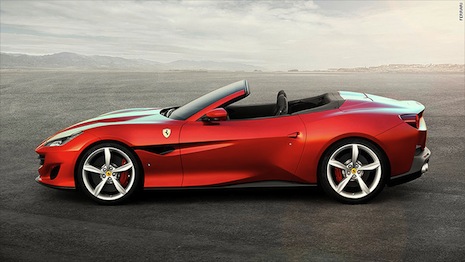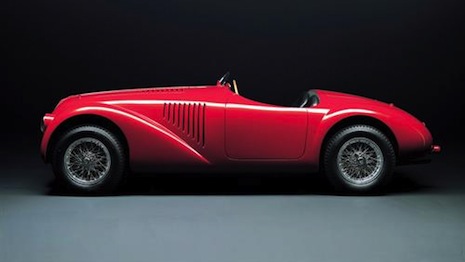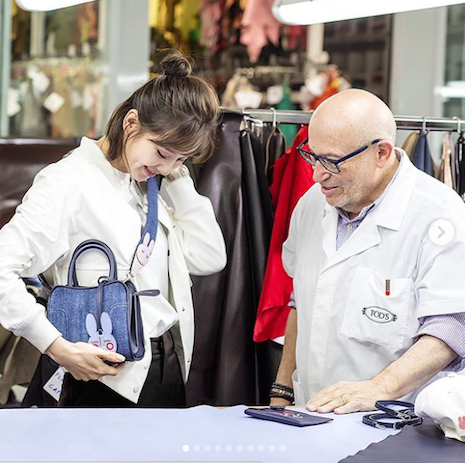 Older brands and younger brands share the same goals and strategies. Image credit: Ferrari
Older brands and younger brands share the same goals and strategies. Image credit: Ferrari
VENICE, Italy – There is an ongoing push and pull in the luxury business today between the heritage brands with decades or even centuries of history and tradition behind them and the newer, younger brands that still have something to prove.
But each type of brand has the potential to be what Luca Cordero di Montezemolo, president of NTV and former chairman of Fiat and Ferrari, calls evergreen brands. At the Financial Times Business of Luxury Summit, Mr. Cordero di Montezemolo spoke about how brands can grow into an evergreen house, which will allow them to live a healthy life long into the future.
"There is a very interesting competition between evergreen brands who have substance and history and fantastic products with a big important credible name and new brands that have already arrived with advantages," Mr. Cordero di Montezemolo said. "The risk for new brands is that they may have a short life if they don’t inject a few key elements."
Evergreen brands
The goal for any luxury brand is to build a lasting legacy, to the point where a brand’s name becomes synonymous with quality.
But to create this evergreen branding, there are a certain number of steps that need to be taken.
Drawing from his long experience at the top of Ferarri, Mr. Cordero di Montezemolo laid out three key areas where brands must invest: passion, innovation and quality.
Passion, Mr. Cordero di Montezemolo states, is obvious. If you do not love your products and care about your brand, why should your customers?
Ferrari is a brand with a long legacy. Image credit: Ferrari
Innovation is equally self-evident. A brand that remains static and does not take advantage of the many new tools that arise each year is one that is leaving money on the table.
And finally, without a quality product, all else is for naught.
"You can have the best social media marketing in the world, but if you don’t have quality you can maybe survive one year but not forever," Mr. Cordero di Montezemolo said.
Building luxury
The discussion of how brands can maintain their legacies while still keeping abreast of modern changes in technology and marketing is one that continued throughout the Business of Luxury Summit.
Chasing after the latest trend may be appealing for luxury marketers in an ever-changing world, but doing so can risk the loss of a brand’s core identity.
Tod's still places an emphasis on traditional craftsmanship. Image credit: Tod's
According to Diego Della Valle, chairman and CEO of Tod’s, luxury brands’ strengths lie in their legacy and the heritage they build up over many years. Elsewhere at the conference, , Mr. Della Valle warned that brands can dilute that legacy if they reinvent themselves too drastically and too frequently (see story).
For Mr. Cordero di Montezemolo, marrying new technologies with the legacy of a brand is one of the best parts of working in luxury.
"I spent 22 years as chairman at Ferrari," Mr. Cordero di Montezemolo said. "Every single day I felt like the happiest man in the world.
"To think of a new product or technology, to think how to approach the new marketing, producing far fewer cars than the demand, this is exclusivity," he said.


